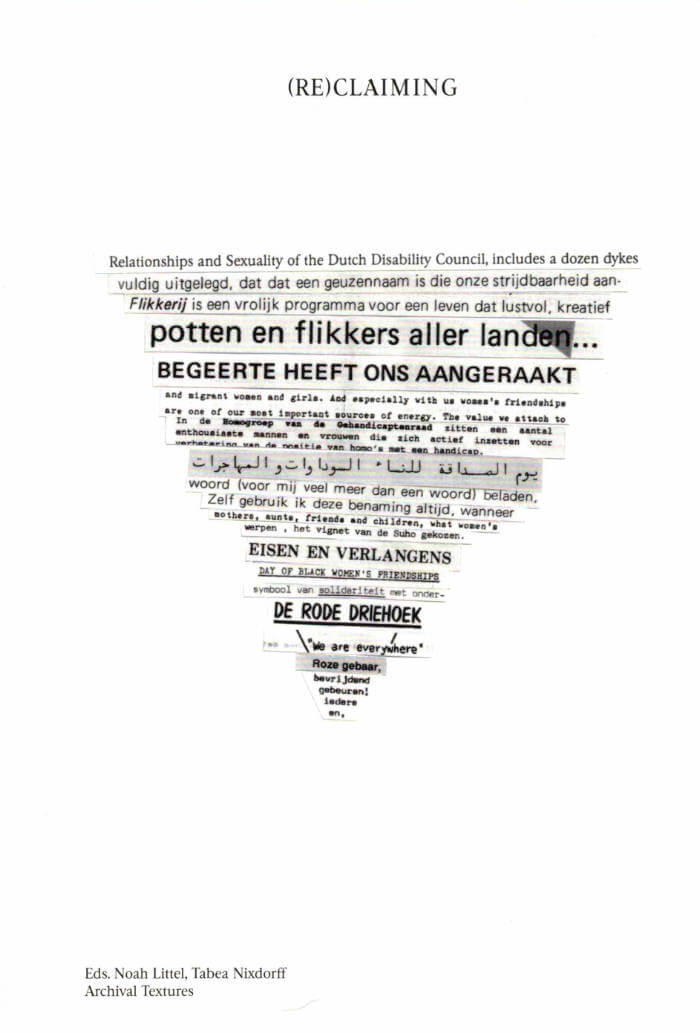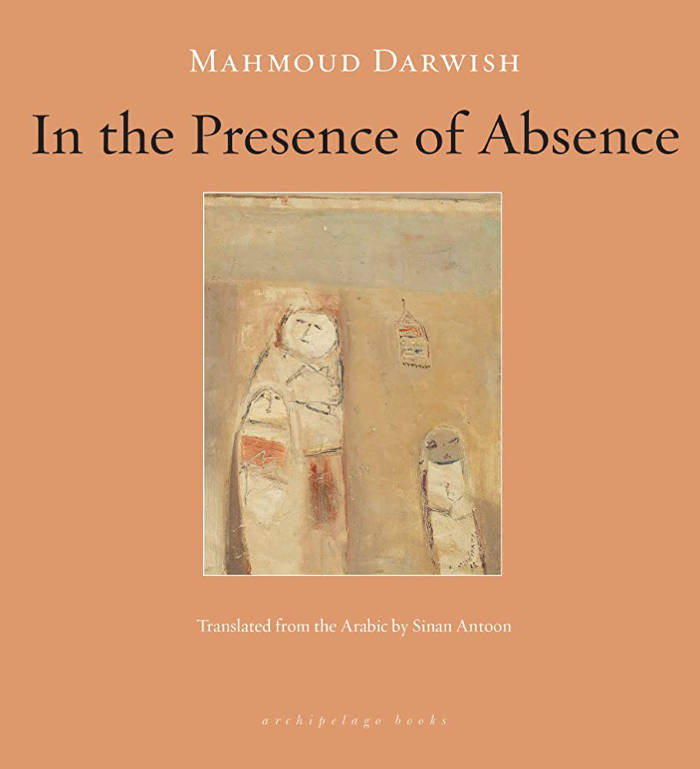
Settler Colonialism An Introduction
From the Palestinian struggle against Israeli Apartheid, to First Nations' mass campaigns against pipeline construction in North America, Indigenous peoples are at the forefront of some of the crucial struggles of our age. Rich with their unique histories, characteristics, and social relations, they are connected by the shared enemy they face: settler colonialism.
In this introduction, Sai Englert highlights the ways in which it has, and continues to shape our global economic and political order. From the rapacious accumulation of resources, land, and labour, through Indigenous dispossession and genocide, to the development of racism as a form of social control, settler colonialism is deeply connected to many of the social ills we continue to face today.
To understand settler colonialism as an ongoing process, is therefore also to start engaging with contemporary social movements and solidarity campaigns differently. It is to start seeing how distinct struggles for justice and liberation are intertwined.







